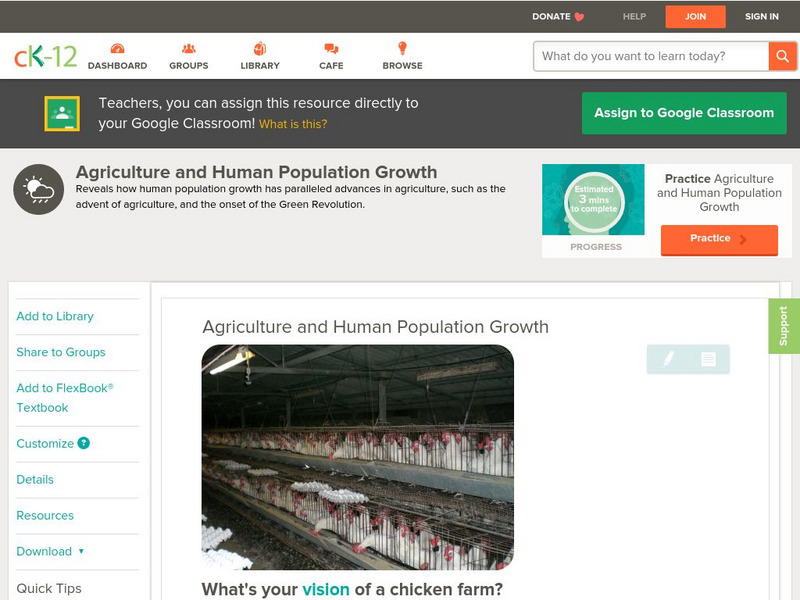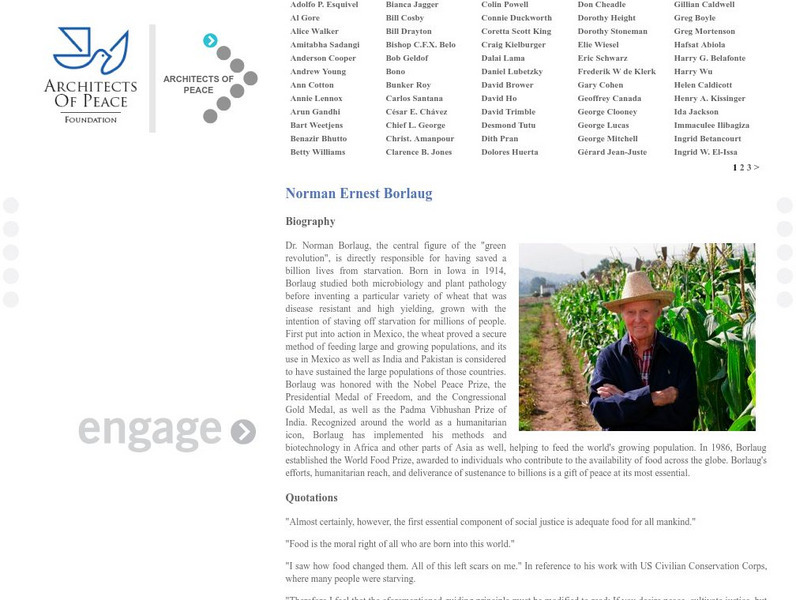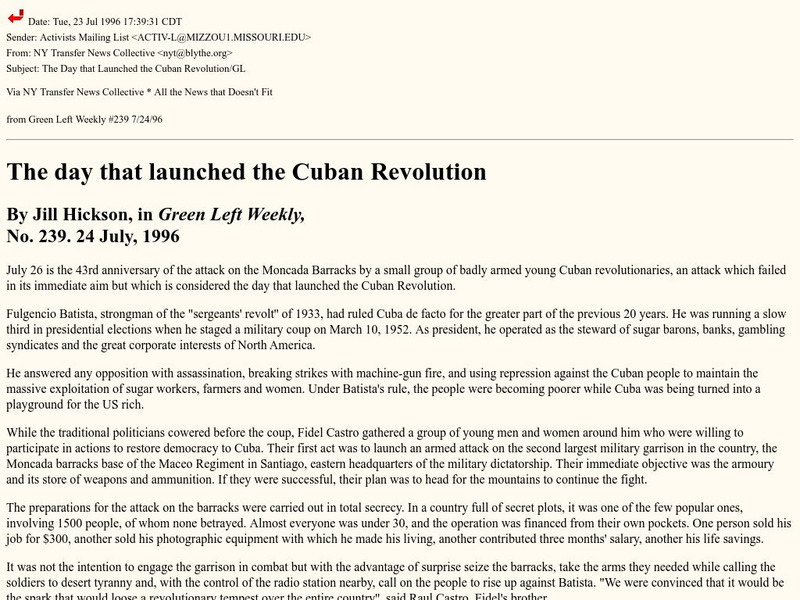Hi, what do you want to do?
Curated OER
First Grade American Civilization: February
First graders examine and discuss the Boston Tea Party, Paul Revere, Redcoats, Thomas Jefferson and the Declaration of Independence. They conduct an experiment done by Benjamin Franklin, solve a word puzzle written in code by Ben...
Curated OER
Militia of the American Revolutionary War
Students explore the role of the colonial militia n the American Revolutionary War. Using traditional and internet resources, students, complete a research worksheet designed to provide information about the militia. Worksheet is...
Curated OER
Work And Resistance In America
Learners investigate the history and events that surround the industrial revolution. They conduct research using secondary sources. They look reflectively at the history in order to build an idea of how the arts could have influenced the...
Curated OER
Big Dam Construction in India
This complete and full resource includes everything needed to conduct a lesson on the environmental impact of large dams in India. Background information, handouts, answer keys, and web links are all there to help you educate your class...
Curated OER
Sustainable Agriculture: Soils And Food Production
Ninth graders recognize differences in soil quality from one area to another. They describe the importance of organic matter in soil health and suggest ideas that help provide adequate food supplies for the world. The interview a person...
Curated OER
The Indian Subcontinent Since 1947: The Legacy of Independence
An exploration of Indian and Pakistani cultures and conflicts throughout the 20th - 21st centuries, this presentation features relevant political cartoons and poignant photos to illustrate the breadth of politics in India and Pakistan....
Curated OER
The Emerging American Identity
Students define what it meant to be an American early on in the nation's history. In this American identity lesson, students examine the noted quotations and determine what was meant by each of the authors with regards to an American...
Curated OER
From Farm to Table
It's important for students to understand where our food comes from and the environmental implications of agriculture.
Curated OER
Lesson: Lisa Signal: Altering Perspectives
Kids make big artistic gestures, just like the abstract artist, Lisa Signal. They use her work as inspiration for making simplistic, abstract, statements in an artistic way. They analyze her work, then walk through an unfamiliar...
Curated OER
Sentence Completion 16
Develop vocabulary in your high school native speakers or in advanced non-native speakers. THere are only six multiple-choice questions shown, but each contains more than one tricky vocabulary word. Example words include: oblivious,...
Curated OER
From Slave to Entrepreneur: The Life and Times of William Ellison
Eighth graders interpret historical evidence presented in primary and secondary resources. In this South Carolina history lesson, 8th graders examine sources that require them to examine the life of William Ellison, a black slave owner.
Curated OER
Food in History
Learners research, predict and offer solutions regarding factors that affect current or future food crops could result in economic, political or social changes.
Curated OER
Working Conditions in America: 1880s versus 2000s
Students conduct research into the life of Americans and how working conditions have changed over time from the 1880's to modern times. They use primary and secondary resources in order to compile research in order to report the findings...
Curated OER
General Knowledge Quiz About the USA
In this facts about America activity, students complete a 14 question multiple choice on-line interactive quiz about the U.S.A. Included are historical facts, famous people, and landmarks.
Curated OER
Cemetery Study for New Hampshire History
Students take a field trip to a New Hampshire cemetery. They examine the way of life in the 19th century and their belief systems. They answer questions before and after their field trip.
Georgia Department of Education
Ga Virtual Learning: Ap Human Geography: Agricultural Geography
AP Human Geography course unit on Agricultural Geography discusses industrial farming, global agriculture and the green revolution.
CK-12 Foundation
Ck 12: Earth Science: Agriculture and Human Population Growth
[Free Registration/Login may be required to access all resource tools.] Reveals how human population growth has paralleled advances in agriculture, such as the advent of agriculture, and the onset of the Green Revolution.
Other
Architects of Peace: Norman Ernest Borlaug
Brief biography, and quotations from the "father of the green revolution," Norman Borlaug.
Georgia Humanities Council and the University of Georgia Press.
New Georgia Encyclopedia: Nathanael Green (1742 1786)
General Nathanael Greene was commander of the Southern Department of the Continental army and a respected leader that helped America win the Revolutionary War. Here you can read about his early life, military career, the Southern...
Library of Congress
Loc: The American Revolution Began April 19, 1775
This is an interesting site explaining the beginning of the American Revolution. Read all about the communication system that signaled the beginning of the war.
Ibis Communications
Eye Witness to History: Battle at Lexington Green, 1775
This first-person, eye-witness account discusses the Battle at Lexington Green was the beginning of the Revolutionary War and the "Shot heard 'round the world." Read details about this famous battle.
Hartford Web Publishing
World History Archives: Green Left Weekly:day That Launched the Cuban Revolution
A rather uncritical article about the beginning of the Cuban Revolution. The author is critical of the US policy against Cuba by only highlighting the perceived positives of the Castro regime and none of the negatives.
Ducksters
Ducksters: American Revolution for Kids: Fort Ticonderoga
Kids learn about the battles at Fort Ticonderoga during the Revolutionary War including the Green Mountain Boys and General John Burgoyne.




























